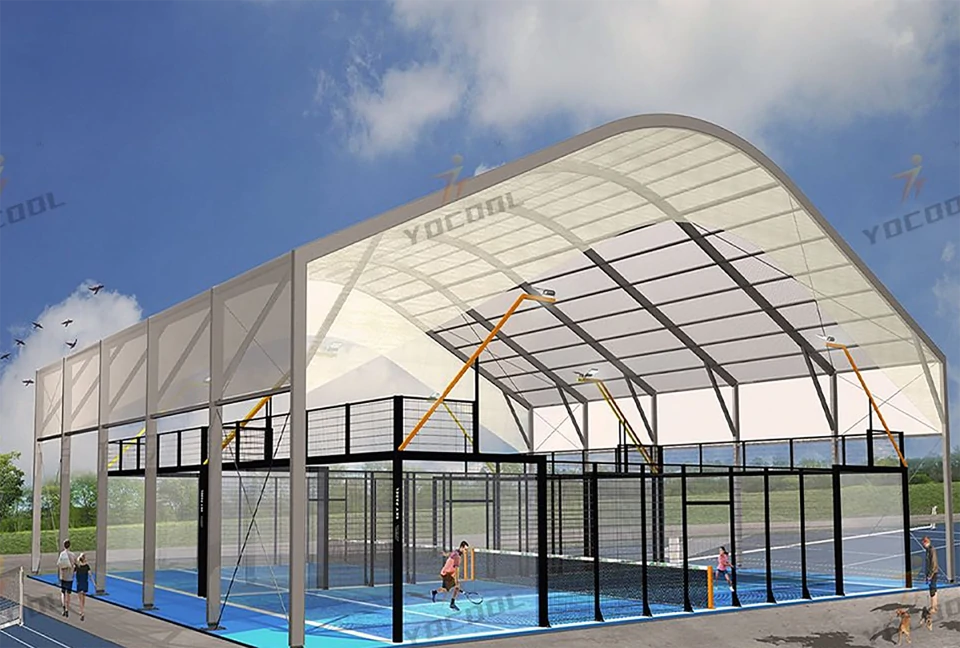 TEL:
+86-13102802206
TEL:
+86-13102802206
 Email:
fencenetting@china.com
Email:
fencenetting@china.com
 Language
Language
 TEL:
+86-13102802206
TEL:
+86-13102802206
 Email:
fencenetting@china.com
Email:
fencenetting@china.com
 Language
Language


The Importance of Iron Cable Wire in Modern Infrastructure
Iron cable wire, known for its strength and durability, plays a crucial role in various applications across modern infrastructure. From construction to telecommunications, its versatility makes it an essential material in reinforcing structures and supporting essential services. Understanding the properties and applications of iron cable wire can provide valuable insights into its significance in today's world.
One of the primary uses of iron cable wire is in construction. In buildings and bridges, iron cable wire is often utilized as part of the tension and support systems. These wires can withstand significant forces and weight, making them ideal for holding structures together and ensuring stability. For instance, suspension bridges use iron cables to support the roadway, allowing for long spans without the need for frequent support pillars. This innovation not only enhances the aesthetics of bridges but also improves their functionality.
In addition to construction, iron cable wire is vital in the telecommunications industry. It is commonly used for hanging power lines and telecommunication cables. The strength of iron wire ensures that these cables are securely supported, preventing them from sagging or breaking under pressure. This is particularly important in areas prone to severe weather conditions, where reliable communication and power supply are critical. Iron cable wire’s resistance to corrosion, when properly treated, further extends its lifespan, making it a cost-effective choice for infrastructure projects.

Moreover, iron cable wire has gained popularity in various industrial applications, including manufacturing, mining, and agriculture. In the mining sector, it is used in hoisting systems, where it lifts heavy loads efficiently. In agriculture, iron cable wire can be found in fencing and trellises, supporting plants and protecting crops from wildlife.
The production of iron cable wire has also evolved with technological advancements. Modern manufacturing processes ensure that the wires have consistent diameter and tensile strength, meeting stringent quality standards. This reliability is essential for construction engineers and project managers who depend on high-quality materials to ensure the safety and longevity of their projects.
In conclusion, iron cable wire is an indispensable component in the fabric of modern infrastructure. Its unique properties—strength, durability, and versatility—enable its application across various fields, including construction, telecommunications, and industry. As engineering technologies continue to advance, the role of iron cable wire will only become more significant, shaping the way we build and maintain the structures that support our daily lives.